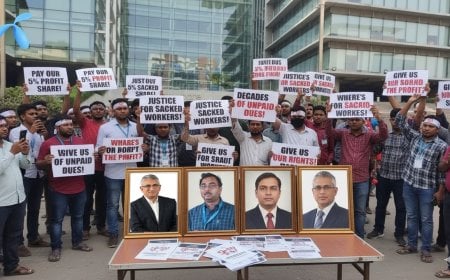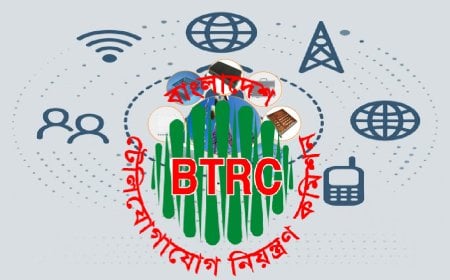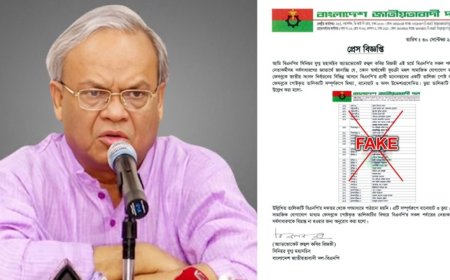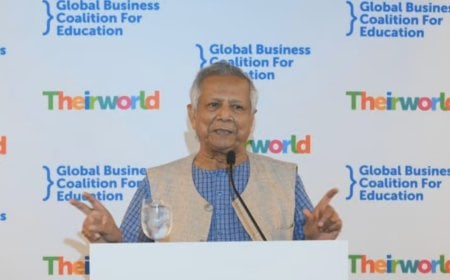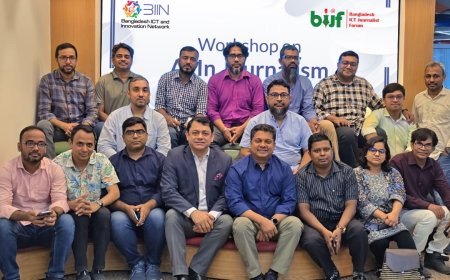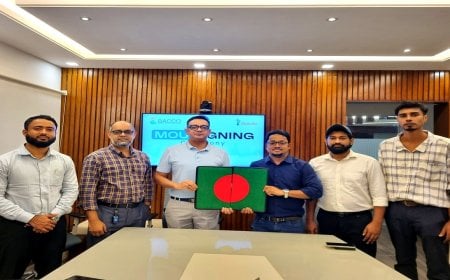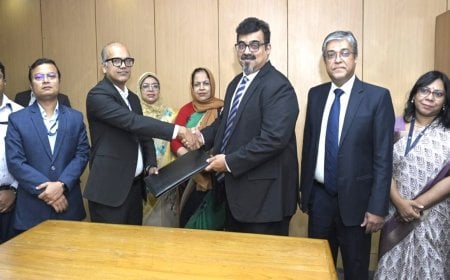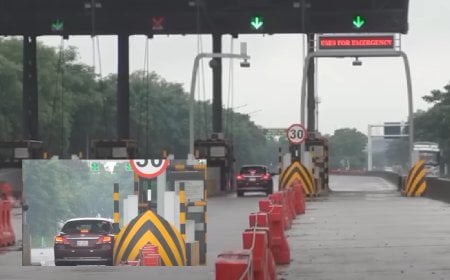Starlink Seeks Satellite Transit Through Bangladesh
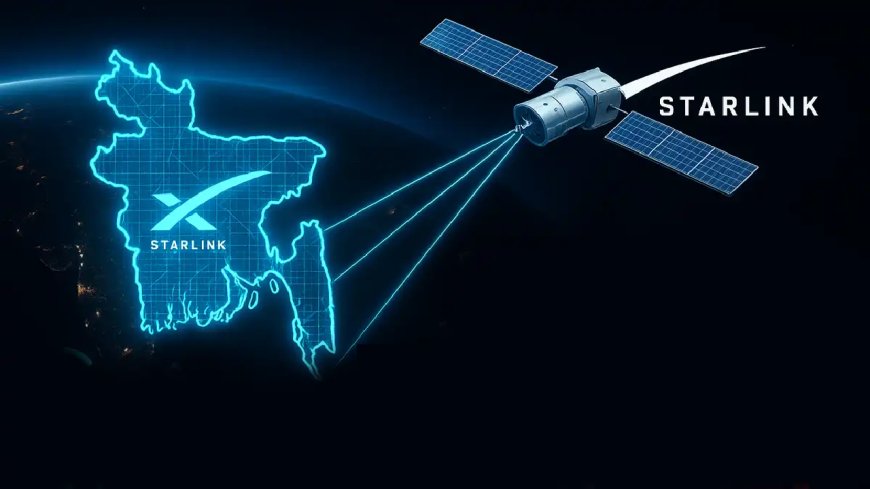
SpaceX’s satellite-based internet service Starlink has expressed interest in using Bangladesh as a regional transit hub, bypassing Singapore, to deliver internet connectivity to Bhutan and other neighboring countries. To facilitate this, the company has proposed setting up the world’s largest ground station at the Hi-Tech Park in Gazipur.
Starlink has already held discussions with Bangladesh Satellite Company Limited and, on August 13, formally submitted a request to the Bangladesh Telecommunication Regulatory Commission (BTRC) for approval. In its letter, the company asked for authorization to use Bangladesh as a hub for carrying data to other countries, noting that such traffic should remain beyond direct government control.
The proposal was discussed at the BTRC’s 298th commission meeting on August 27, though no decision was taken. At the meeting, Brigadier General Shafiul Azam Parvez, Director General of the Engineering and Operations Division, presented a preliminary inspection report on Starlink Services Bangladesh Limited.
According to the report, while Starlink is obliged under Clause 5.1 of its license to establish a gateway in Bangladesh, there is no binding requirement for gateway inspection. Nevertheless, the regulator has a precedent of inspecting operational activities before launching other licensing processes.
Starlink informed BTRC via email on August 10 that it had established four gateways—two in Kaliakoir, Dhaka, and one each in Rajshahi and Jashore. Following this, BTRC issued a letter on August 13 requesting inspection, and on August 16, a formal order for inspection was issued.
Inspections revealed that all the installations were rented facilities, with no Starlink Services Bangladesh representatives on site. Local offices were also unable to provide any technical or operational details.
Meanwhile, according to a July 30 letter from the National Telecommunication Monitoring Centre (NTMC) to the Public Security Division, Starlink confirmed compliance with Lawful Interception (LI) requirements by installing Data Traffic Interception (DTI) at its gateways in Bangladesh even before starting commercial operations.
Starlink now seeks approval to provide internet services to Bhutan and neighboring countries through its Bangladeshi gateways. Currently, Bhutanese customers are connected via Singapore-based ground stations, a process described as costly and latency-prone. To address this, Starlink has requested permission to purchase IPLC (International Private Leased Circuit) and unfiltered IP bandwidth from Summit, Fiber@Home, and Bangladesh Submarine Cable Company, transporting data through Bangladesh’s gateways to Points of Presence (PoPs) in Singapore and Oman.
The company has further asked that international links for foreign customers remain free from government filtering or blocking. Industry insiders point out that when traffic transits through one country to another, it is typically exempt from filtering by the transit country. Bangladesh’s own traffic, which often routes through Singapore or India, remains outside the filtering jurisdiction of those countries under international norms.
However, internet services for Bangladeshi users will continue to route through local International Internet Gateways (IIGs) and comply fully with national security, filtering, and content blocking regulations. IPLC enables international data transport between countries, while unfiltered IP refers to unrestricted IP blocks allowing direct access to international links without local filtering or security controls.
Suman Ahmed Sabir, Chief Information Officer of Fiber@Home, observed, “Currently, Starlink’s services for users in neighboring countries are delivered via Singapore, Mongolia, or other hubs, allowing those countries to benefit from the business. Starlink is offering Bangladesh the opportunity to enter this transit business. If Bangladesh insists on monitoring what users in other countries consume, this business will never materialize.”
BTRC Chairman Major General (Retd.) Emdad Ul Bari said that the matter is under review. “They have submitted a letter. Technical issues are being discussed. A decision will be taken based on our existing laws and guidelines, and considering the country’s interest. If permissible, we will allow it; otherwise, we will not,” he told the media.





